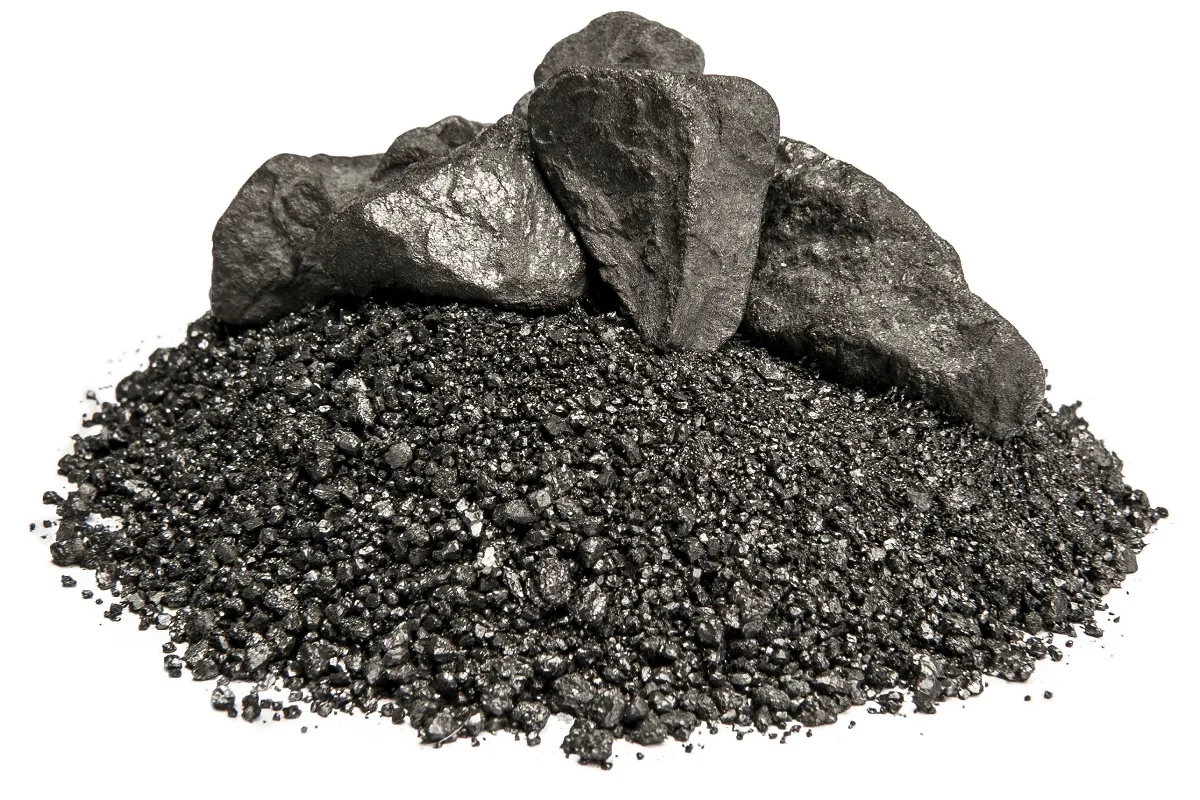What is Ore?
Ore is a naturally occurring solid material from which a metal or valuable mineral can be extracted profitably. It is typically composed of a combination of minerals, and its formation can occur through various geological processes. The extraction and processing of ore are fundamental to various industries, making it a critical component of modern civilization.
Types of Ore
Ores can be categorized based on the metal they yield. Some of the most common types include:
- Iron Ore: Primarily composed of iron oxides, iron ore is essential for steel production. Major deposits are found in countries like Australia, Brazil, and China.
- Copper Ore: Copper is extracted from ores such as chalcopyrite and malachite. It is widely used in electrical wiring and plumbing.
- Aluminum Ore (Bauxite): Bauxite is the principal source of aluminum. It is refined to produce alumina, which is then reduced to aluminum metal.
- Gold Ore: Gold is often found in nature in its native form or as part of compounds. Mining for gold involves both placer and hard rock mining techniques.
- Lead and Zinc Ores: Commonly found together in nature, these ores are crucial for batteries and galvanization processes.
Extraction and Processing
The process of extracting metal from ore involves several key steps:
- Mining: Ore can be mined using various techniques, including open-pit mining, underground mining, and placer mining. The choice of method depends on the type of ore, its location, and the surrounding environment.
- Crushing and Grinding: Once extracted, the ore is crushed and ground into smaller pieces to facilitate the separation of valuable minerals from waste material.
- Concentration: This step involves separating the valuable minerals from the ore using various methods, such as flotation, magnetic separation, or gravity separation.
- Smelting and Refining: The concentrated ore is then heated in a furnace to extract the metal. This process can produce impurities that need to be removed through refining.
- Recycling: Many metals can be recycled from old products, reducing the need for new ore extraction and minimizing environmental impact.
Environmental Impact
While ore extraction is vital for industry, it also poses significant environmental challenges. Mining operations can lead to habitat destruction, soil erosion, and water pollution. The use of toxic chemicals, such as cyanide in gold mining, raises serious health and environmental concerns.
Efforts to mitigate these impacts include:
- Sustainable Mining Practices: Implementing responsible mining techniques that minimize damage to the environment and local communities.
- Reclamation Projects: Restoring mined land to its natural state after operations are completed.
- Regulations and Standards: Governments and international bodies are increasingly enforcing stricter regulations to ensure that mining companies adhere to environmental standards.
The Future of Ore Mining
As technology advances, the methods for extracting and processing ores continue to evolve. Innovations such as automation, artificial intelligence, and improved recycling techniques promise to make mining more efficient and less harmful to the environment.
Moreover, the global push for sustainable practices and the transition to renewable energy sources will likely shape the future of ore mining. The demand for metals such as lithium, cobalt, and rare earth elements, crucial for batteries and electronics, is expected to rise, driving further exploration and mining efforts.
Conclusion
Ore is a cornerstone of modern industry, fueling everything from construction to technology. Understanding the types of ore, the extraction processes, and the environmental implications is essential for anyone interested in the future of natural resources. As we navigate the challenges and opportunities in this sector, a commitment to sustainable practices will be crucial for balancing economic growth with environmental stewardship.



